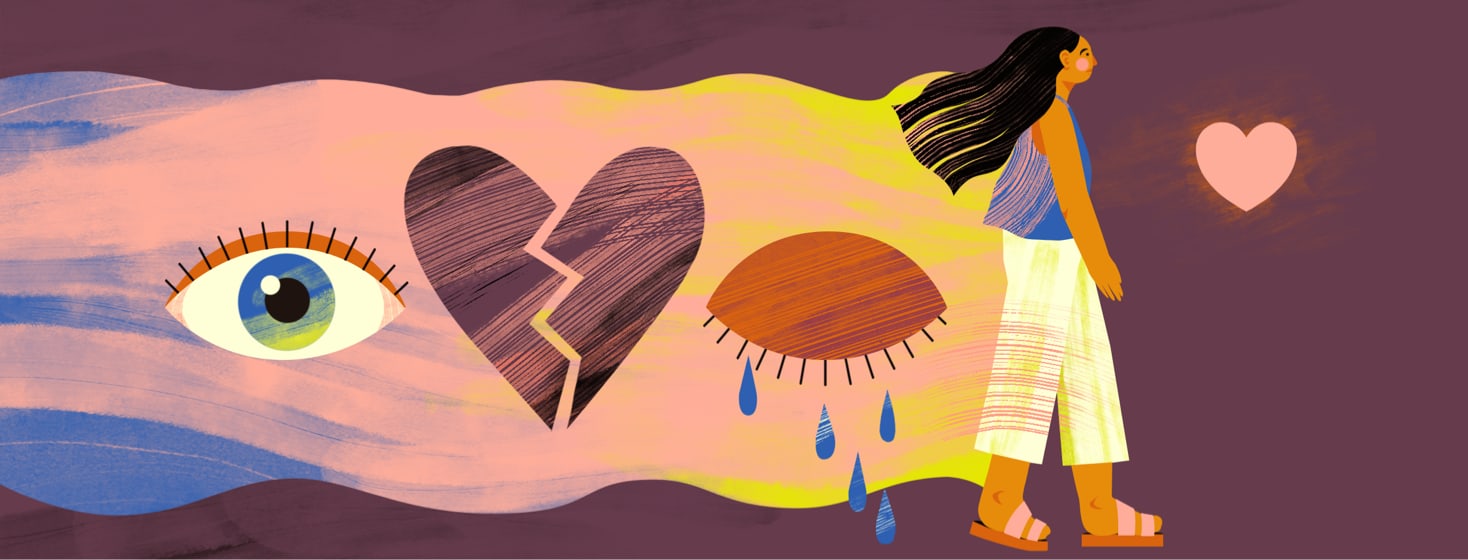Caregiving, Advocacy, and the Drive to Keep Going
If you are a caregiver or a parent of a child with a rare disease, do you ever feel alone, confused, or lost in one way or another? I often feel like a ship lost at sea. I used to hide that from most people around me, but over time, I realized that wasn't healthy.
I am aging quickly, and I am burnt out, but I have no choice other than to keep going. The healthcare system continues to annoy me, and the pressure I put on myself to uphold advocacy makes the days feel longer. I have the biggest goals and must repeatedly tell myself to handle one thing at a time. But it's not as easy as it seems.
Running on empty
Rare disease is not exciting. It isn't lovely. Each disease has its ups and downs, and even those living with the same disease experience different things.
This doesn't make our jobs as advocates or caregivers any easier. We have to be a suction cup to information as we fly by on our way to raise more awareness. Some days, I think about what it would be like if I stopped my advocacy work. Would I feel less stressed? Or would I be even more stressed knowing I walked away from changing the lives of others?
As a mom, I don't think I could ever let myself walk away from my role as an advocate. However, I do know that I cannot keep running on empty. With all my work, I deserve some time for myself in other areas of my life.
How my advocacy work started
I am often asked how I made everything happen, and quite honestly, I don't know. As always, the first step was the hardest but fortunately, I had a great support system of close family and friends. Everything else just kind of happened, and that's why I am so proud of myself.
Connecting with others and educating myself pushed me further into advocacy. I forced myself to be disciplined, and I lost most of my friends along the way. There was no more going out. Instead, I was a caregiver and mom during the day and an advocate who educated herself through the long hours of the night. There were many challenges but also many achievements I never would have expected. Ever. Before I knew it, I was the inspiration behind research starting in labs.
My impact on my rare disease community
My impact in the community makes me proud every day. To me, this isn't just advocating for my son's disease; it's about changing the lives of families all over the world, giving them the resources they need to improve the quality of life for their child, and supporting them through the really hard days. I create a safe space for families of rare kids to come and talk about everything we have to go through, all while fighting for our kids' lives.
For me, being an advocate for rare diseases is better than any other job. I can't see myself doing anything other than what I do. I love contributing to the lives of others, meeting new families in and out of our disease community, and supporting them through their journey.
Start a Forum
Being the change the world needs
It has been an honor to form friendships with other advocates, patients, caregivers, researchers, and healthcare professionals. When working together, we can be the change that this world needs by cheering on patients as they show resilience and supporting families.
Advocacy requires long days and nights, patience, and dedication. It takes a special person to make these types of sacrifices. But even the smallest effort can contribute to a big change. Change does not happen overnight, but it is through commitment and hope that anything is possible. Let's just take it one day at a time and hold hands with our rare friends.
As a caregiver or advocate, what is the biggest challenge for you to keep going? What makes it easy to keep going? Share your thoughts in the comments below.

Join the conversation